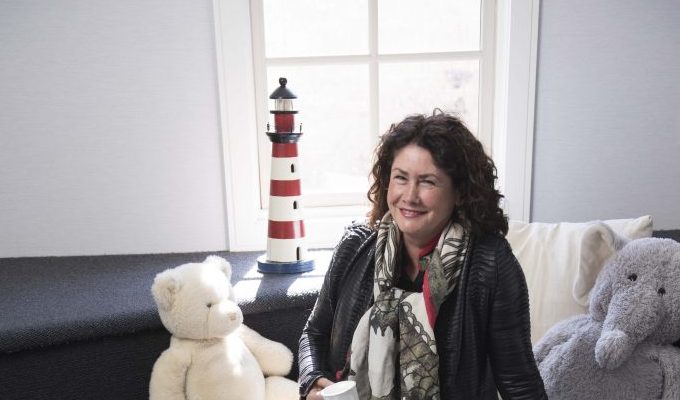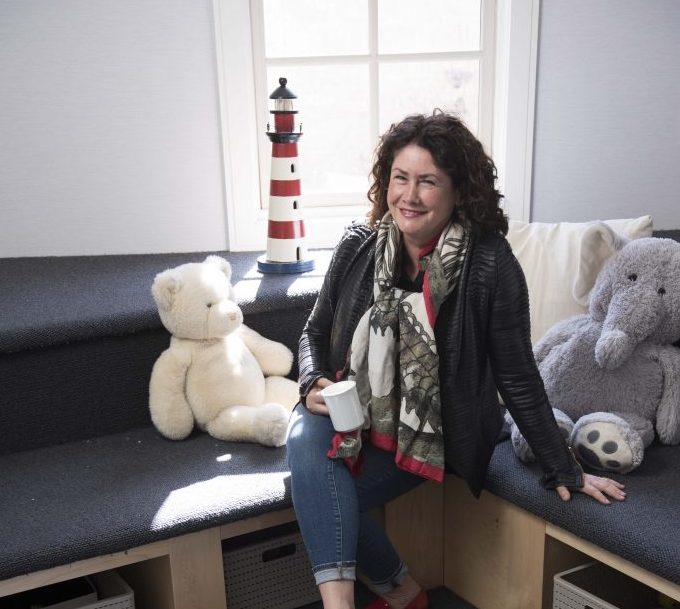By Danielle Leonard
How does a child grieve the loss of a close family member? Although it’s a question that no family ever wants to have to face, the Lighthouse for Grieving Children is an invaluable resource for anyone forced to navigate those painful circumstances. This year marks the organization’s 20th anniversary. For two decades, it has offered a beacon of hope for children who are grieving due to the death of a close loved one. Since 1999, the Lighthouse has not only grown its community, it has also evolved its understanding of how children and teens grieve and heal.
“The Lighthouse is doing exactly what we intended it to do,” says Lighthouse founder, Jo Fallon. “It’s a leader in its field and has literally changed the language around death and dying in Southern Ontario.” The organization, she emphasizes, has been diligently providing a service that is profoundly life-altering. The Lighthouse for Grieving Children treats grief as a process that a person must go through, rather than get over.
“We know that children grieve differently than adults and even from each other,” says Candace Ray, director of services and operations for the Lighthouse. The Lighthouse helps its participants digest their new sense of normal.
“My hope is that every child who steps through our doors knows that he or she is supremely capable of digesting the emotions and fear that comes with an enormous life changing loss.” The Lighthouse helps facilitate this through peer support in an environment where kids can help themselves,. The organization’s role is not to counsel, but to enable kids to create, explore and express feelings through activities and play.
“We give them hope and confidence that they can find their own truths in their own time and in their own way,” says Ray. There is, in fact, no time frame when it comes to grieving, which is why the Lighthouse remains a revolving door to all participants. Children and teens may return to the Lighthouse after a length of time, particularly when a new stage in development is reached which can spark a new phase in the grieving process.
When the Lighthouse opened its new, larger location in November 2016, the organization extended its support group offerings to parents of teens, in addition to younger children, who attend programs at the Lighthouse.
“Research shows us that a big indicator of how a child heals depends on how a parent deals with their own grief,” says Ray. But there needs to be a balance. It’s okay for a child to see a parent grieve but seeing a parent overwhelmed by grief is not ideal. Providing both children and parents with their own space enables each to release emotions freely without worrying about inflicting additional harm to one another.
While there are no clear instructions on what to do after a parent dies, Fallon suggests being as honest as you can using age-appropriate language. “You don’t have to have all the answers, but talking, loving and moving forward, your family will determine a new way.”
For more information visit grievingchildrenlighthouse.org or email info@grievingchildrenlighthouse.org

